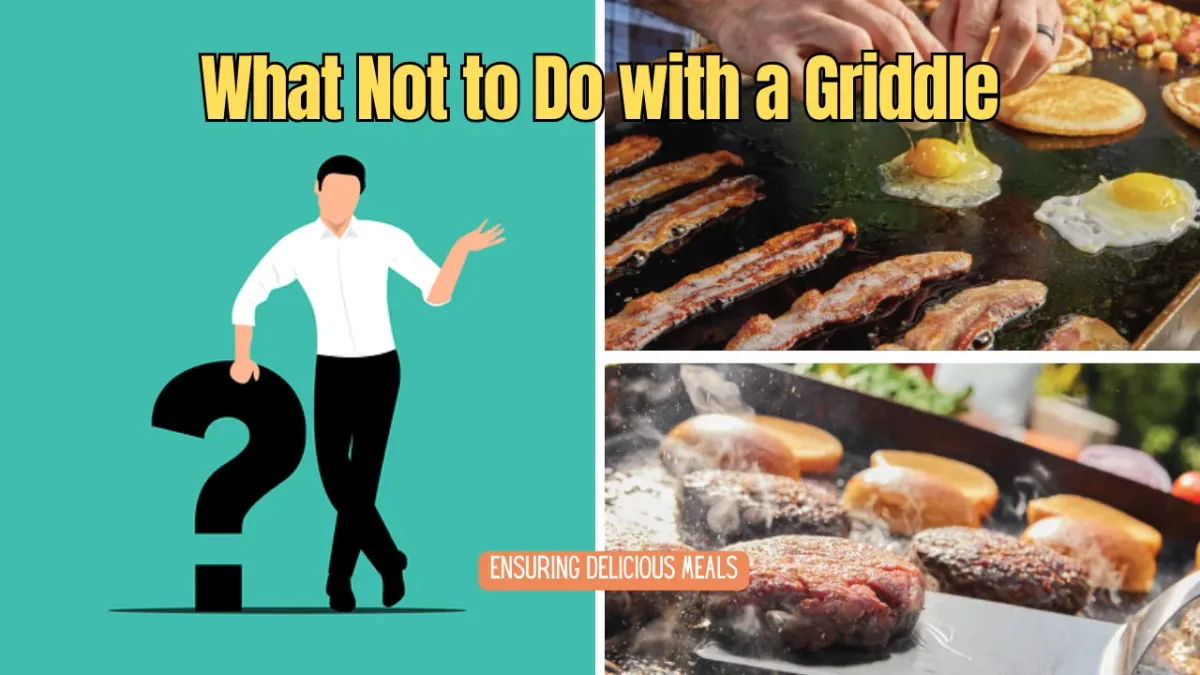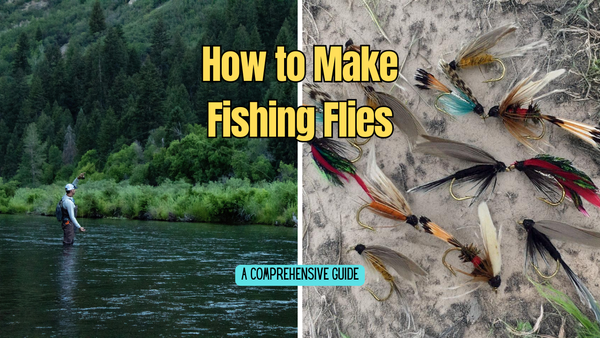Griddles have become a staple in both outdoor and indoor kitchens, beloved for their versatility in cooking everything from pancakes to steaks. Understanding the lifespan of a griddle and how to maintain it can ensure you get the most out of your cooking investment.
Key Takeaways:
- Durability: Properly maintained, a griddle can last several years.
- Maintenance: Regular cleaning and seasoning extend a griddle’s life.
- Material Matters: The material of the griddle affects its longevity.

Understanding Griddle Lifespan
The lifespan of a griddle largely depends on the material it's made from and how well it's maintained. Most high-quality griddles, like the popular Blackstone griddle, are designed to last for several years. The key to longevity is regular maintenance, including proper cleaning and seasoning of the cooking surface.
Types of Griddles and Their Durability
Cast Iron Griddles
Cast iron cookware, including griddles, is renowned for its durability. With proper care, a cast iron griddle can last a lifetime. The key is to maintain the seasoning layer, which protects the cast iron from rust and creates a non-stick surface.
Stainless Steel and Aluminum Griddles
Stainless steel and aluminum griddles are lighter and easier to handle than cast iron. They typically have a shorter lifespan due to their susceptibility to scratches and dents. However, with careful use and proper maintenance, these griddles can also serve well for many years.
Maintenance: The Key to Longevity
Regular Cleaning
To maximize the lifespan of your griddle, regular cleaning is crucial. After each use, allow the griddle to cool slightly, then wipe off excess food particles and grease with a paper towel. For a deeper clean, use warm water and a small amount of dish soap, scrubbing gently with a non-metal spatula or scraper to avoid damaging the surface.
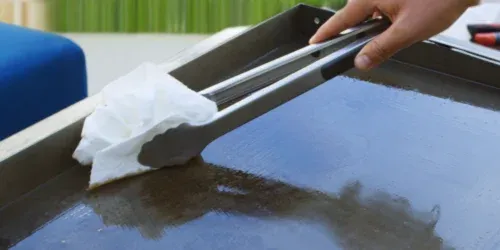
Proper Seasoning
Seasoning is essential, especially for cast iron griddles. After cleaning, apply a thin layer of high smoke point oil, such as canola oil or flaxseed oil, and heat the griddle to allow the oil to polymerize. This creates a protective layer that prevents rust and improves the cooking surface.
Impact of Usage Frequency on Griddle Lifespan
Heavy Use
Griddles used frequently in a commercial setting or for large family gatherings will experience wear more quickly. High heat and constant contact with metal utensils can degrade the surface over time. Regular maintenance becomes even more critical under heavy use.
Occasional Use
For those who use their griddle occasionally, such as during camping trips or special occasions, the risk of rust increases due to prolonged storage. It's important to thoroughly clean and season the griddle before storing it and to check it periodically for any signs of rust or degradation.
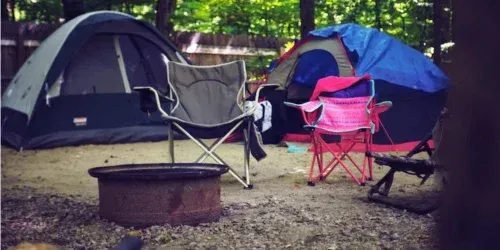
Optimizing Your Griddle for Camping Adventures
When it comes to outdoor cooking, a camping griddle is an indispensable tool for preparing delicious food. Whether you're flipping pancakes or searing steaks, the flat top cooking surface of a camping griddle provides ample space and even heat distribution. To ensure your griddle withstands the rigors of outdoor use, it's crucial to select a griddle with a robust non-stick surface and to apply a thin layer of high smoke point oil, like canola or avocado oil, before each use. This not only enhances the flavor of your food but also contributes to the longevity of the griddle’s surface.
Maintaining your camping griddle involves more than just proper seasoning; it also includes regular cleaning to prevent rust and food residue buildup. After cooking, allow the griddle to cool slightly before using a metal spatula to scrape off excess food particles. Follow up with a few squirts of warm water and gently wipe the surface with a paper towel or an old kitchen towel. Avoid using harsh detergents like dish soap as they can strip the seasoning layer. Instead, opt for hot water and a stiff brush to keep the griddle clean while preserving its seasoning.
The Role of Oils in Griddle Maintenance and Cooking
Choosing the right cooking oil is pivotal for both the maintenance and the cooking performance of your griddle. Oils with a high smoke point, such as avocado oil, canola oil, and flaxseed oil, are ideal for griddle cooking. These oils can withstand high heat without burning, which is essential for creating a non-stick surface and for cooking food evenly. Before each cooking session, spread a thin layer of oil over the entire surface of the griddle to create a protective layer that helps in preventing food from sticking and minimizes wear on the griddle surface.
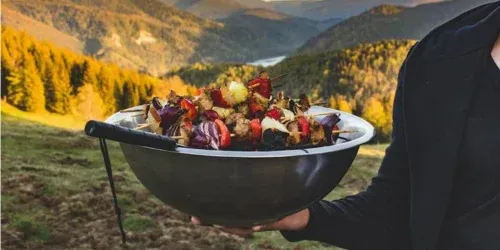
The process of seasoning your griddle is equally important and should be done regularly to maintain its cooking efficiency. After cleaning, heat the griddle to dry it completely, then apply a thin layer of oil using a paper towel or a small bowl. Spread the oil evenly across the surface, ensuring it doesn’t pool. This creates a durable seasoning layer that not only improves the cooking performance but also helps to prevent rust and corrosion. Regularly maintaining this seasoning layer will significantly extend the lifespan of your griddle, ensuring many years of enjoyable cooking experiences.
Common Issues and Solutions
Rust Formation
Rust is a common issue, particularly with cast iron griddles. If rust appears, it's important to remove it immediately to prevent further damage. Use a mixture of salt and cooking oil to scrub the rust away gently, then re-season the griddle.
Uneven Heat Distribution
Uneven heat can cause certain areas of the griddle to wear out faster. To avoid this, regularly check and adjust the heat zones on your griddle, ensuring that the entire surface is used evenly over time.
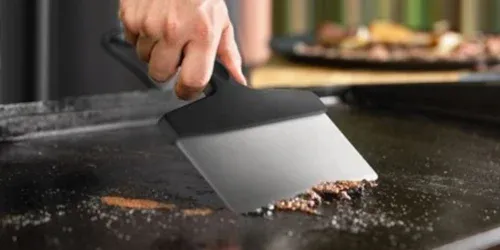
Enhancing Griddle Performance with Accessories
Griddle Covers
Using a cover when the griddle is not in use can protect it from environmental elements and keep the surface clean and ready for use.
High-Quality Utensils
Investing in high-quality, non-abrasive utensils can prevent scratches and help maintain the integrity of the griddle surface.
When to Replace Your Griddle
Even with the best care, a griddle will eventually wear out. Signs that it's time to replace your griddle include deep scratches, persistent rust, or warping of the surface. At this point, it's better to invest in a new griddle to ensure safe and efficient cooking.
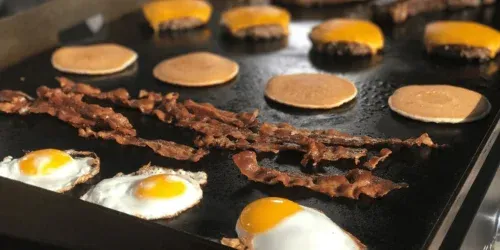
Summary
The lifespan of a griddle depends significantly on the material, usage, and maintenance. By understanding the proper techniques for cleaning and seasoning and using the right tools, you can extend the life of your griddle and enjoy many years of delicious food.
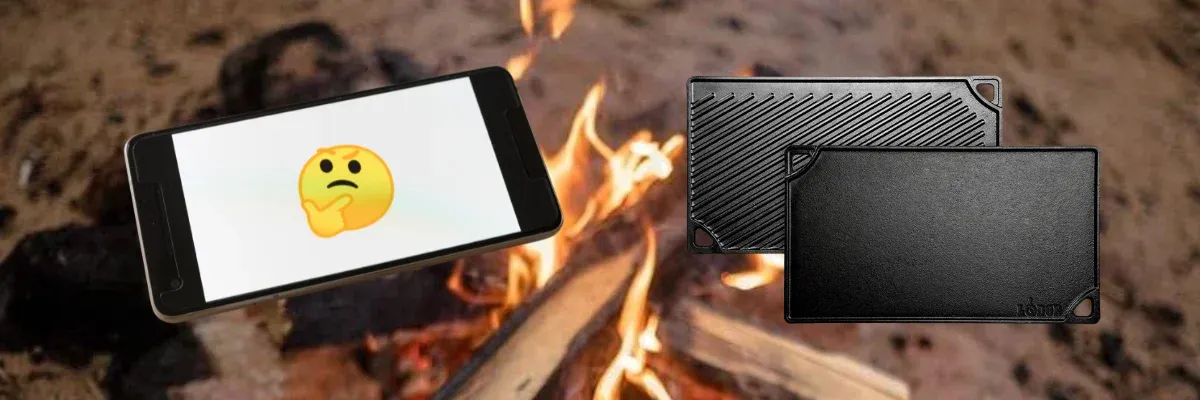
FAQs
What is the best oil to use for seasoning a griddle?
For seasoning a griddle, it's best to use an oil with a high smoke point, such as canola oil, flaxseed oil, or avocado oil. These oils create a durable seasoning layer on the cooking surface.
How often should I season my griddle?
You should season your griddle after every use to maintain the non-stick surface and protect it from rust. If you use your griddle frequently, a more thorough seasoning once a month is recommended.
Can I use soap to clean my griddle?
Yes, you can use a small amount of dish soap and warm water to clean your griddle, especially if there are food residues. However, make sure to rinse it thoroughly and re-season the surface to maintain its non-stick properties.
Related articles:
